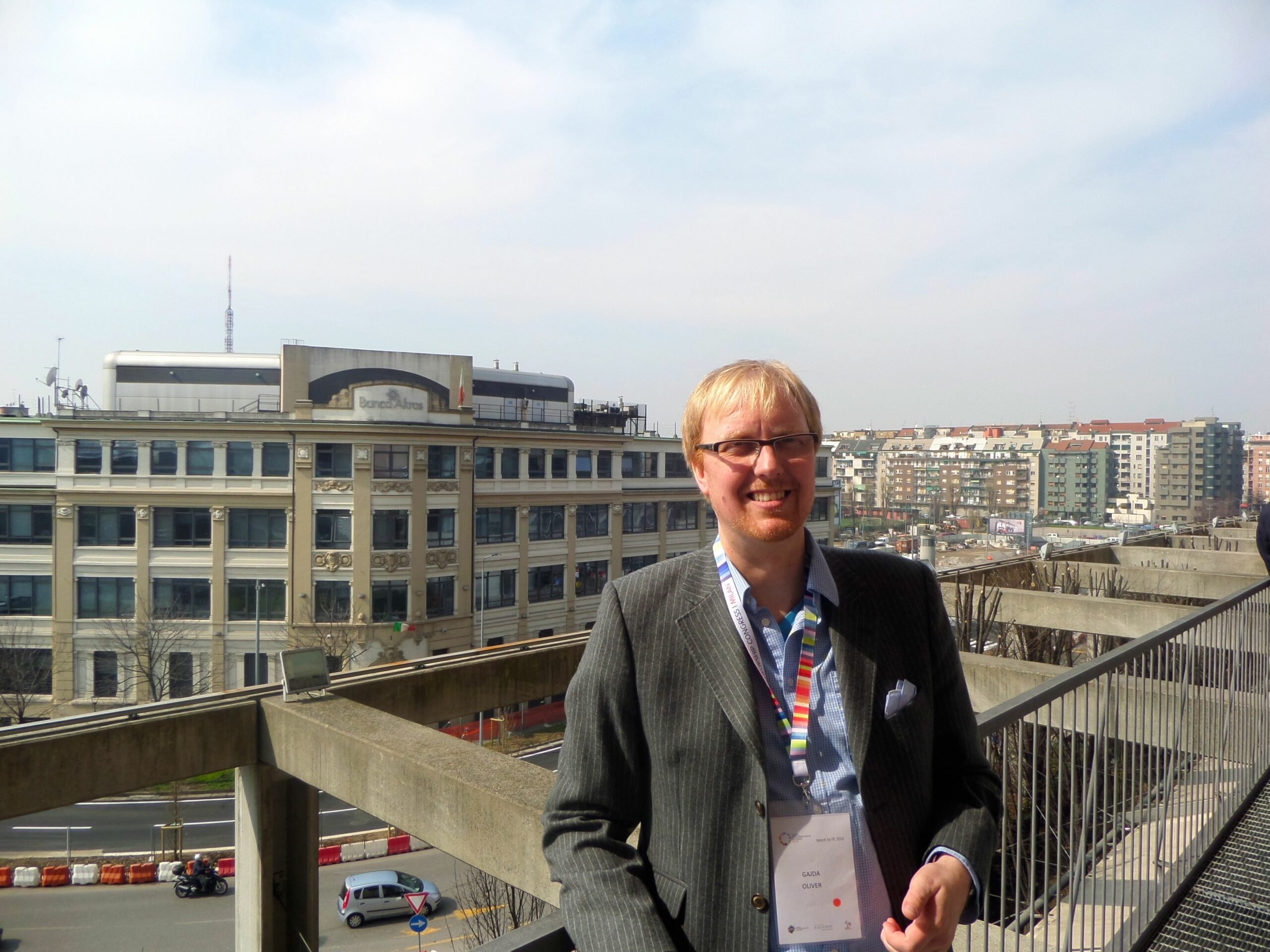A few weeks ago, I caught up with Oliver Gajda at the Global Entrepreneurship Congress in Milan, Italy. Gajda was there to represent the European Crowdfunding Network (ECN), which he chairs, in an effort to bring more visibility to the way alternative financing is reshaping the way European companies – and particularly startups – are being funded in the early stages of their businesses.
Founded in 2013, the ECN is a Brussels-based, pan-European trade association for professional crowdfunding platforms (which encompasses all models, including reward, equity and donation-based crowdfunding, peer-to-peer lending etc.) with approximately 50 members today, including several large banks and relevant service providers of all sorts.
In the interview, Gajda explains that the achievements of the young NGO has exceeded his initial expectations, particularly on a policy level, as the ECN has been involved in a number of national and European-level discussions.
A recent study by the University of Cambridge estimated that the alternative financing market in Europe may balloon to €7 billion by the end of this year. I asked Gajda whether he thinks the study is accurate, and he responded by saying that it ties together bits and pieces and data from wherever it can be dug up as adequately as possible. It's clear that more and better data is necessary.
More specifically, Gajda says the dominance of the UK market when it comes to alternative financing (a key finding of the aforementioned study) stems mainly from the fact that there are large P2P lending platforms backed by deep-pocketed investors operating in that region.
When you leave those out and only look at actual crowdfunding platforms, Gajda posits, the UK is actually not that far ahead of the rest of Europe.
Gajda also discussed the legislative picture in the European Union, which differs from member state to member state, naming a few countries that have introduced new, or amended existing legislation, to boost crowdfunding as an alternative means of capital (such as Italy, France and the UK).
Overall, Gajda says, the process is slow and crowdfunding regulations on a national level are often fairly restrictive. Asked what he would like the ECN to achieve this year, Gajda says he'd like to see more members join the association and become more active, and that he would like to shift his attention to encouraging crowdfunding platform operators to come up with standards and share best practices.
Featured image credit: tech.eu



Would you like to write the first comment?
Login to post comments